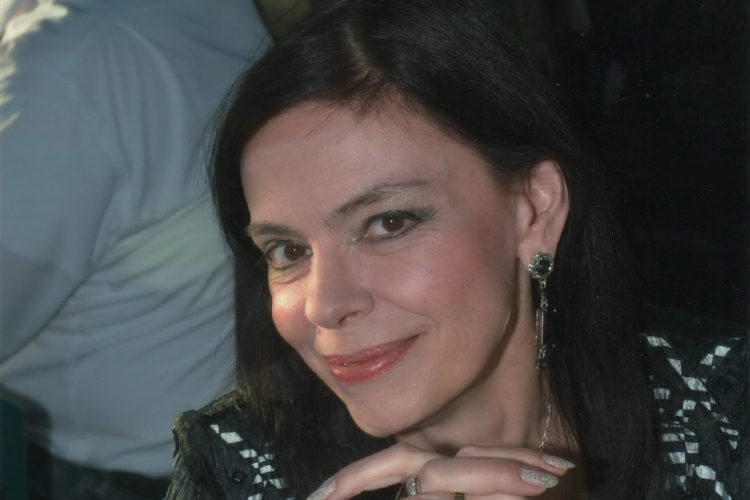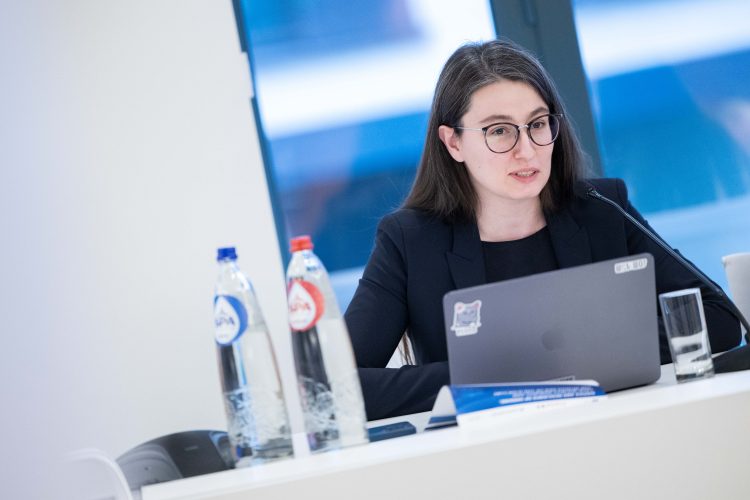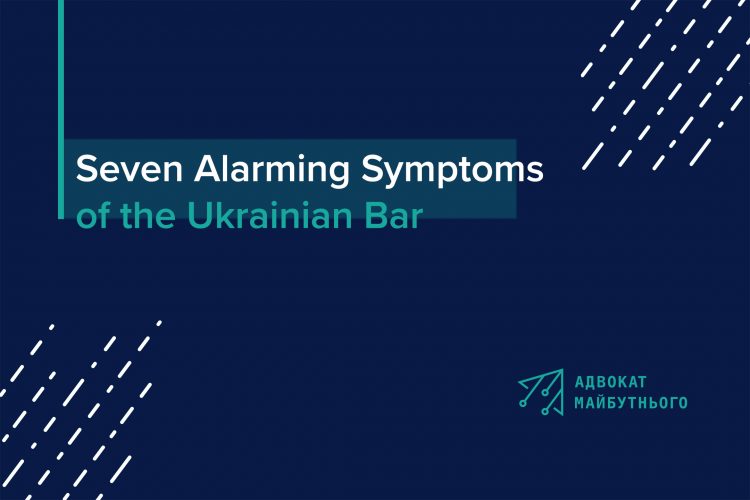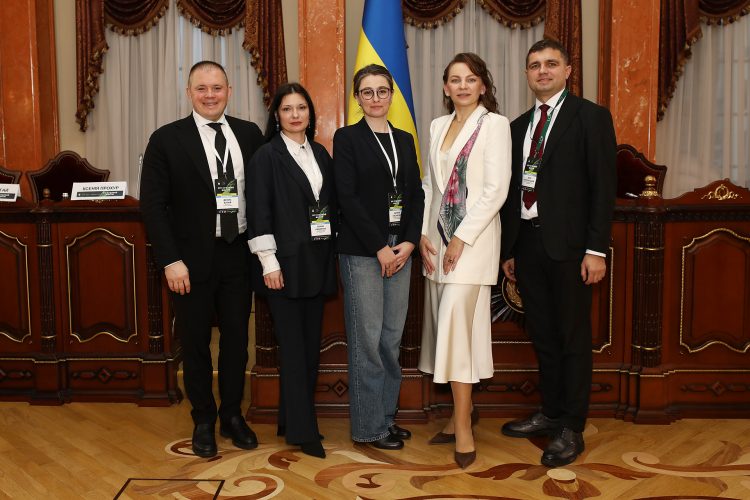


Some Reflections on the Corruption within the Justice System
 OLGA ZHUKOVSKA
OLGA ZHUKOVSKA
Expert of the “Tomorrow’s Lawyer” Program, Lawyer, Candidate of Legal Sciences, Honored Lawyer of Ukraine, Member of the UEFA Appeal Committee, Vice-President of the Union of Advocates of Ukraine
Lawyers often encounter two common clichés: “corruption in the judicial system is very widespread and insurmountable” and “corruption in the judicial system has not been proven as a common phenomenon, no matter what anybody could have suspected”. It seems that such a disastrous phenomenon should not be taken from the point of view of statistics or provenance – rather, everything should be done so that corruption does not become widespread, whatever it may be today.
How can we deal with this phenomenon, if it has already became an element of historical heritage and deeply rooted in all spheres of society of most post-Soviet countries? Are we able to overcome it entirely? And how should lawyers behave until this phenomenon is eradicated? These are complex questions, the answers that everyone has to look for in their worldview, experience, aspirations, and so on. We can only share certain personal considerations without pretending to be versatile:
- Corruption will never be overcome if each individual lawyer comes up with considerations such as “What can I personally do in a particular case?”, “Why should my client suffer from my honesty?” And so on. This is not only unethical, but ultimately impractical, because it leads to a closed circle.
- Can I still be a successful lawyer? – Yes, it’s certain that you can.
- Corruption can and should be resisted by not participating in relevant schemes, and at the same time achieving results. This is required not only by lawyer’s ethics but also by common sense.
How? We suggest thinking about the following considerations.
- Unparalleled professional commitment in “bias cases”
Practice convinces that when a case is being prepared by a decent lawyer at a high level, sometimes it is not easy to spread a corrupt scheme to it. At least, we must bring these attempts to the limit of the impossible and too obvious.
If a “bias case” is lost in the first instance, you still have a court of appeal, at last, the Supreme Court, and if there are grounds to consider the violated article 6 of the European Convention – also the European Court of Human Rights. One should not neglect the mechanisms of appealing against actions of specific judges and addressing the relevant bodies of judicial self-government, the general public through the press (with due regard to the rules of ethics, of course).
- You should always react to the unethical behavior of your opponent colleagues.
Corporate unity requires not indulgence, but adherence to the common principles and advocacy of the purity of the legal profession. Bodies of lawyer’s self-government should take an active part in violating the relevant issues at the highest state level. The inertia of the lawyer’s self-government in this area is unacceptable.
Non-governmental organizations of lawyers and advocates should try to agree on joint actions to overcome corruption among its participants. The professional consciousness should be rebuilt so that the lawyer who won the case “unfairly” was ashamed, uncomfortable through the reaction of his/her colleagues. In each region, “carriers of envelopes” should feel that each lawyer is in the public eye, and “profitable business” can turn to a dangerous affair. In this case, of course, it is necessary to adhere to the rules of ethics, it is impossible to prevent the distribution of false information about colleagues, but it is permissible to discuss certain legal problems that speak for themselves.
And, of course, “dishonest victories” should lead to the unpopularity of the lawyer among colleagues and potential clients, and honest victories of contrast, instead of envy, should lead to corporate support and recognition.
- By way of public coverage of explicitly “incomprehensible” decisions and discussion among the legal and judiciary community in general, one can try to create a critical pressure on the relevant judges, which alongside with complaints on them will help clean up the ranks of judges from the “harvesters”.
At the same time, it is important to publicly discuss in a positive manner the judgments and judges, which consistently demonstrate professionalism and decency. And there are so many of them. The contrast of the attitude can ultimately lead to the unpopularity of “legal mayhem”.
- We comprise tens of thousands, and our clients – millions! Advocacy is a great force in society, if it is united and is the bearer of the common high ethical principles!
We must make the state and society hear our voice and know that attorneys possess intellectual power, but not a power of wallet, that they are representatives of the ancient, not the oldest profession.
Everyone can add their answer to the question of how to fight corruption. Although, this is, of course, a very, very difficult task. It is a pity to tears that we have to face such a phenomenon, but who, if not we, should wear the shining armor, and not just the “armor” of expensive fabrics? Indeed, we undertook to defend the rights of people, as they say, in joy and sorrow… Is that right, ladies and gentlemen?
We became courageous to endure all the troubles together with our Motherland, so is it possible that we wouldn’t find enough strength to do everything we can to cure her from the disease that eats her alive?
Published by Jurydychna Gazeta (Legal Newspaper) Weekly.


